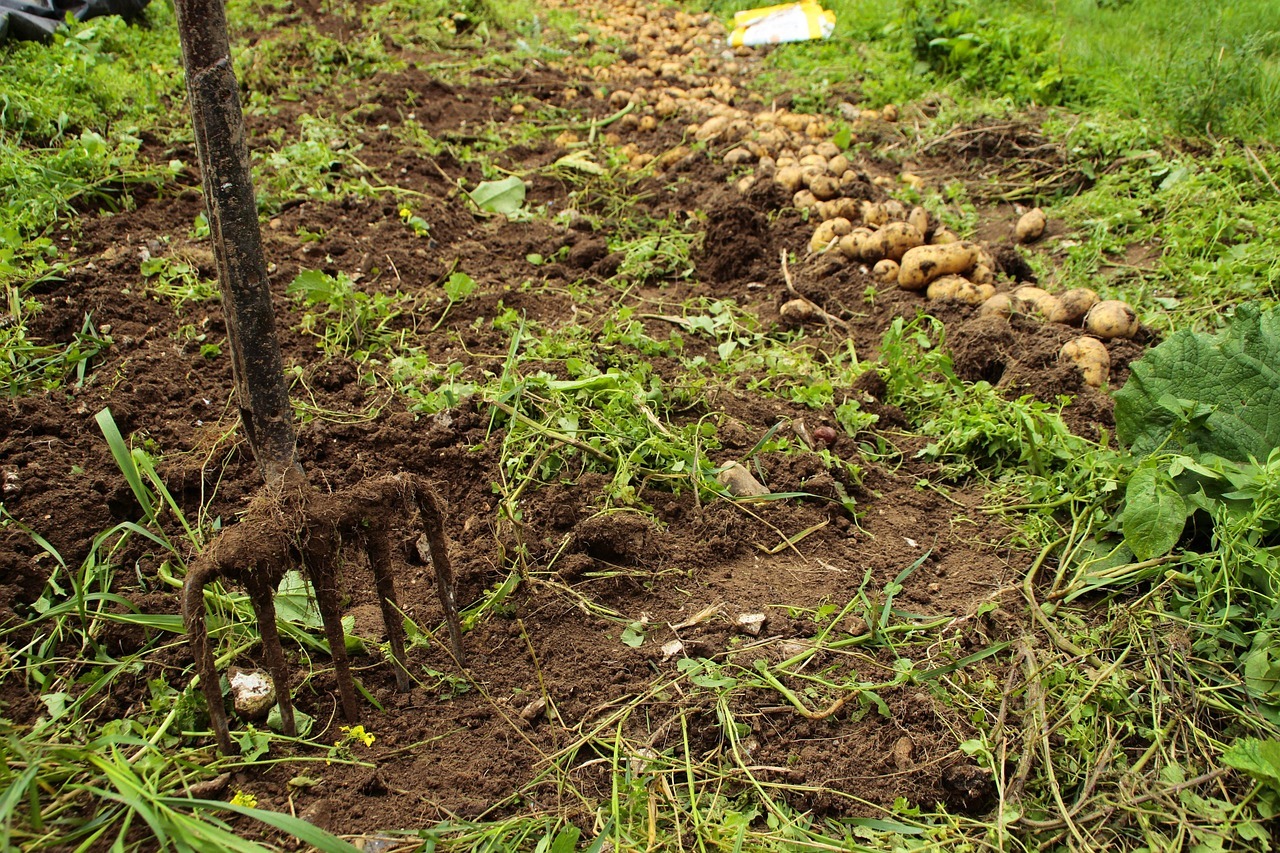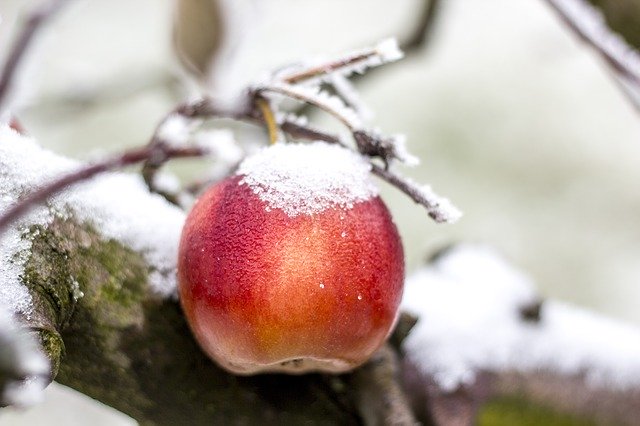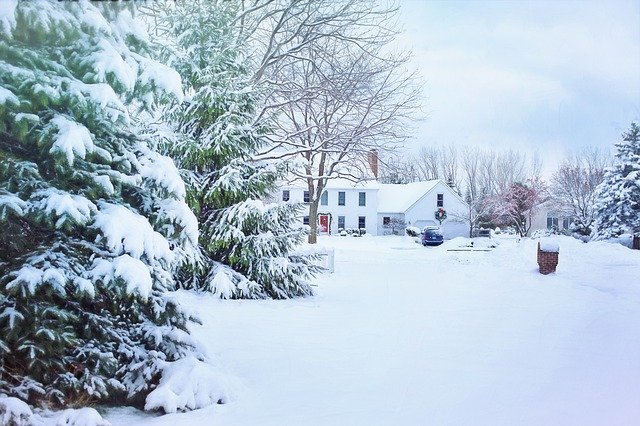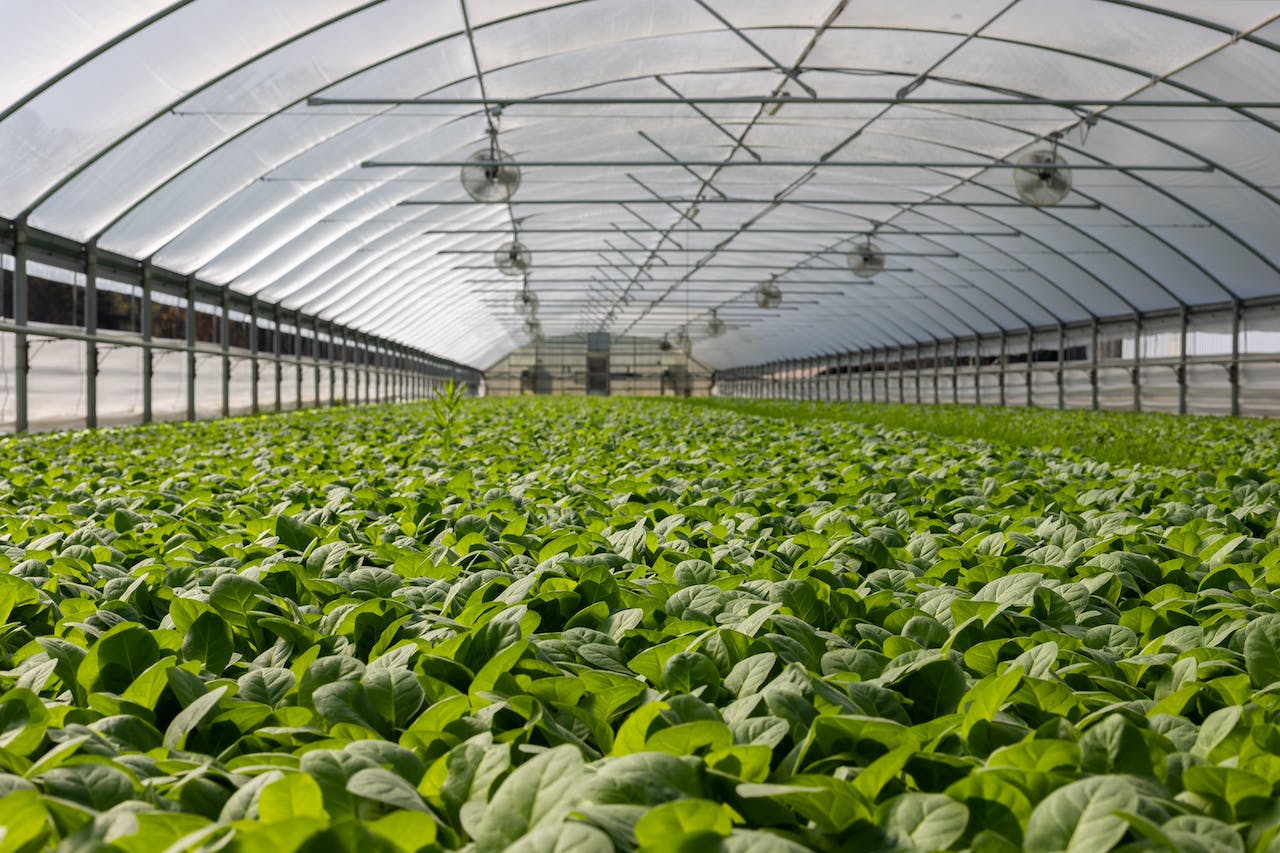Beyond Honey: The Top Reasons to Keep Bees on Your Homestead
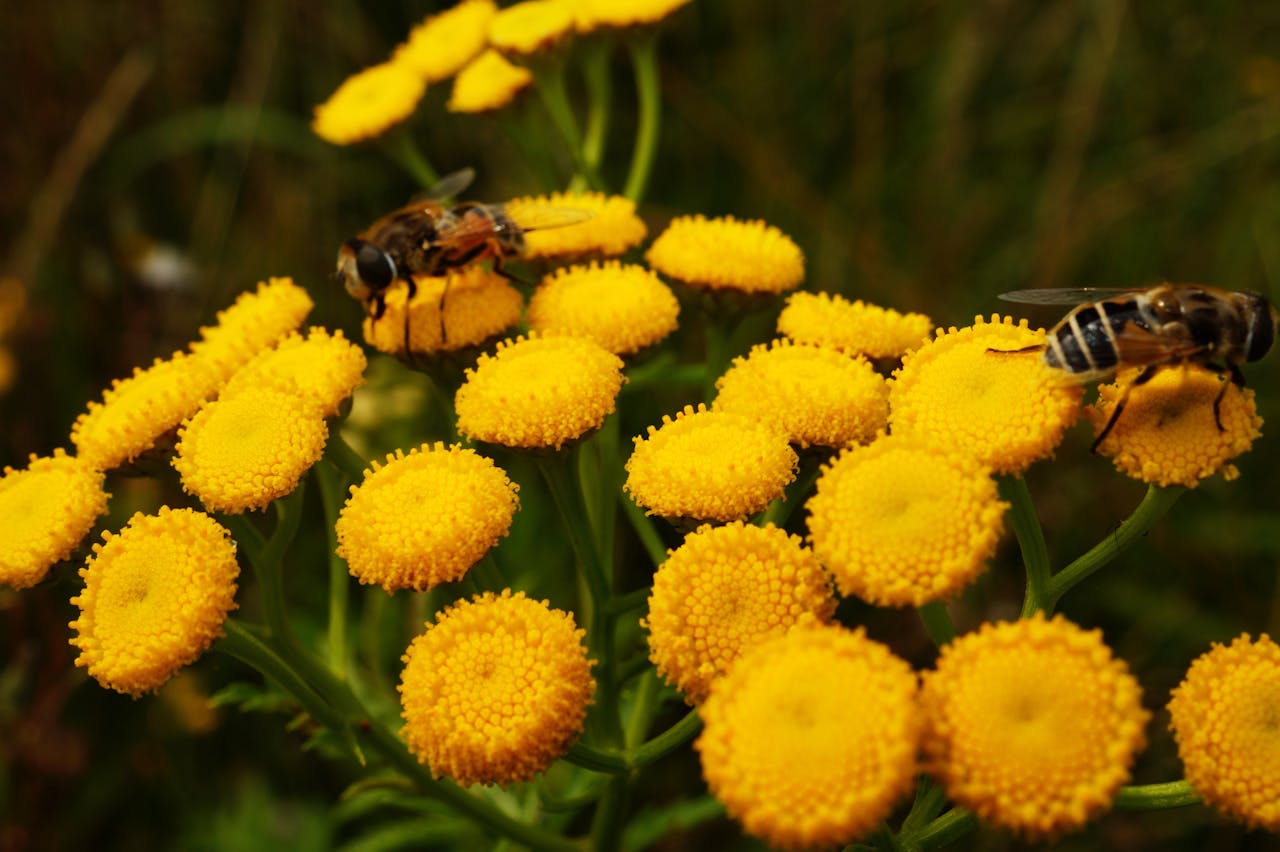
Keeping bees on your homestead brings countless rewards beyond honey production. These industrious insects provide benefits that extend well into every corner of your property, enhancing self-sufficiency, boosting garden productivity, and supporting sustainable practices. From aiding pollination to producing therapeutic hive products, honeybees are invaluable companions on the homestead. Dive into the many ways these buzzing pollinators can elevate your homesteading experience.
They Power Up Pollination in Your Garden
One of the most critical roles that bees play is in pollination. Honeybees are responsible for about 80% of pollination worldwide, a task that is essential for global food production and local ecosystems alike. By keeping bees, homesteaders not only support their gardens but contribute to a broader ecological system that includes neighboring gardens and natural landscapes.
Maintaining healthy bee colonies on the homestead amplifies garden productivity, ensuring a steady reproduction of fruits, vegetables, and flowering plants. Bee-pollinated gardens produce higher yields, which means more food for the table and storage. This effect isn’t limited to honeybees; native bee species also play unique roles, helping to diversify pollination and support a wider range of plants. Creating a haven for these pollinators initiates a ripple effect, nourishing a variety of plant species that, in turn, benefit both local wildlife and human food production.
They Make You a Better Steward of the Environment
Homesteading is more than just sustainable living; it’s also about being a steward of the environment. Keeping bees on the homestead reinforces this commitment. In the face of declining bee populations worldwide, every backyard bee colony contributes to biodiversity. By providing a safe habitat, beekeepers support not only honeybees but also encourage the presence of other pollinators, creating a balanced, thriving environment.
The presence of honeybees encourages sustainable land practices, reducing the need for chemical pesticides. As bees pollinate crops, homesteaders often find themselves adopting more eco-friendly approaches to farming and gardening. Bees also serve as environmental indicators, their health reflecting broader environmental conditions. The subtle shifts in a colony can offer insights into soil quality, pesticide impacts, and climate changes, empowering homesteaders to make informed decisions for their property.
They Support Sustainable Food Production
Bees are indispensable partners in the quest for sustainable food production. They pollinate over 75% of flowering plants and food crops, directly contributing to the success of homestead gardens. With bees on the property, homesteaders witness increased yields in everything from fruits and vegetables to herbs and flowers.
Strategic placement of hives near orchards and vegetable patches can boost crop yields by 20-30% through improved pollination. This means an abundant harvest of produce with superior quality, which can be enjoyed fresh, stored for winter, or even sold to nearby markets. By increasing the efficiency and output of the garden, bees make it possible to rely less on external food sources, promoting true self-sufficiency.
They Offer Natural Health and Wellness Benefits
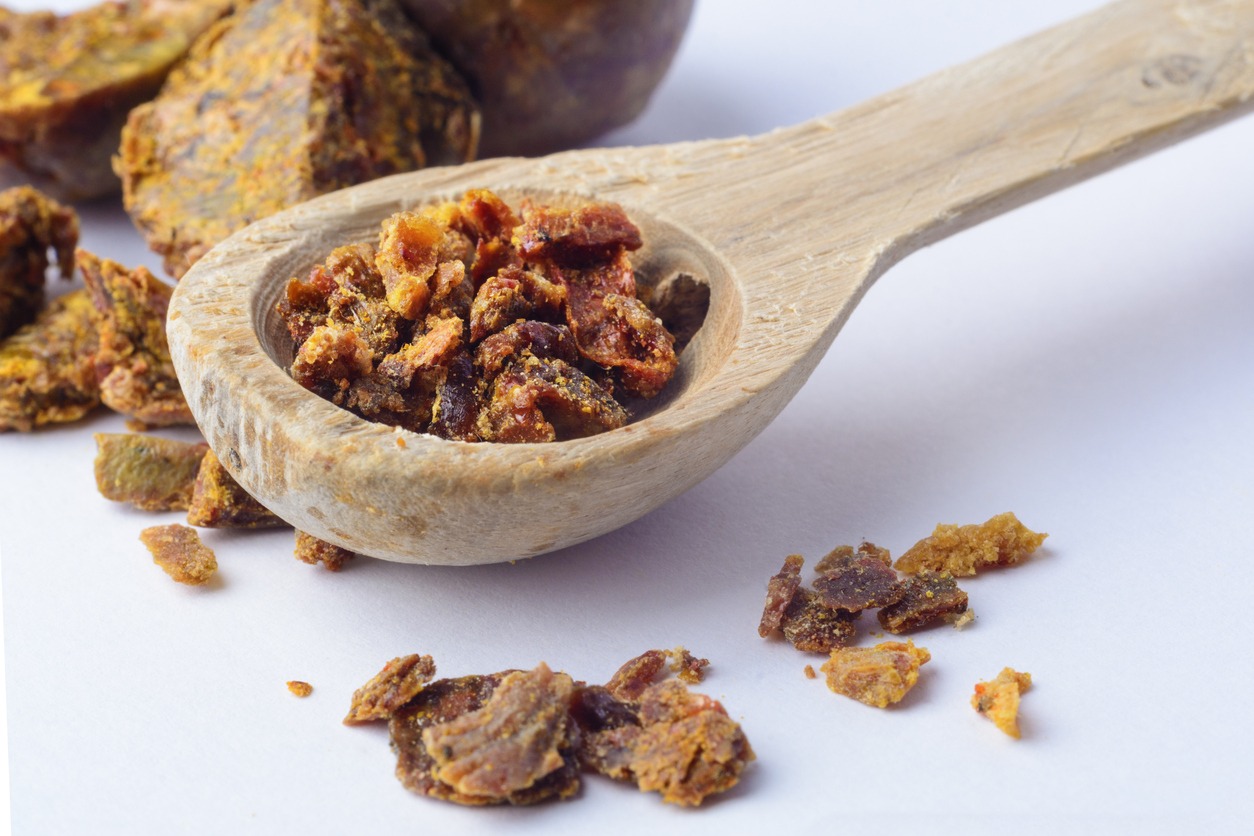
The rewards of beekeeping extend well beyond the physical work; honeybees provide a host of therapeutic products with physical and mental benefits. Hive products such as propolis, bee pollen, and honey contain natural compounds that support health and wellness. Propolis, a resin-like substance bees use to seal their hives, is known for its antioxidant, antimicrobial, and anti-inflammatory properties, making it valuable for various homemade health remedies.
Bee pollen is another powerhouse, offering vitamins, minerals, and antioxidants that can enhance immunity and even help reduce seasonal allergies. Raw, unprocessed honey contains natural antihistamines that may alleviate symptoms associated with pollen sensitivities, making it a welcome addition to the pantry of any homesteader with allergies.
Besides its health benefits, beekeeping has a calming, almost meditative quality. Observing bees in action can ease stress and lower anxiety, offering a rare escape from daily pressures. Beeswax, another hive product, can be used to create skin-nourishing balms and creams, providing natural skincare options that are free from harsh chemicals. Bees, it turns out, are natural wellness providers, contributing to both the body and the mind.
They Provide Endless Learning Opportunities
Beekeeping opens the door to a world of fascinating knowledge about the environment, biology, and nature’s intricacies. The complex structure and behavior of bee colonies offer endless learning opportunities. From understanding bee communication to observing seasonal hive dynamics, the education that comes with beekeeping enriches the homesteading experience.
For those looking to share their knowledge, beekeeping is an excellent way to engage with the local community. Hosting farm tours, participating in beekeeping clubs, or organizing educational workshops allows experienced beekeepers to pass on their wisdom, fostering a shared appreciation for these vital creatures. Engaging in local beekeeping circles and attending workshops offers hands-on learning and keeps beekeepers up-to-date with the latest techniques and innovations.
They Connect You with Your Community
The act of beekeeping naturally encourages community connection. Sharing hive products with neighbors, collaborating with local gardeners, and participating in beekeeping associations strengthens bonds within the community. In urban or suburban settings, beekeeping can be a unique bridge between homesteaders and non-homesteading neighbors, offering a common ground through honey, beeswax, and other hive products.
Social media platforms extend this community even further, connecting beekeepers around the world. By sharing experiences, challenges, and success stories online, beekeepers inspire others and create a network of support and knowledge sharing. Bees encourage a deeper connection to the local and virtual community, spreading awareness about pollinators' importance.
They Boost Your Garden’s Productivity
With bees, a garden thrives. Bees not only increase the yields of fruits, vegetables, and flowers but also improve the quality and abundance of each crop. By encouraging the growth of healthy plants, bees amplify the homestead's productivity in both the short and long term.
A thriving pollinator population also improves seed production, ensuring healthier plants and higher germination rates for the next growing season. Even when wild bee populations dip, a backyard hive guarantees that plants will receive the pollination they need, making for a more resilient and productive garden.
They Help with Natural Pest Control
Beyond pollination, bees offer homesteaders natural pest management. Bees encourage the growth of plants that repel unwanted insects, creating a protective shield around gardens and crops. They produce propolis, a sticky, antibacterial resin that helps disinfect their hives and surrounding areas, promoting a healthier environment.
Moreover, bees emit natural pheromones that discourage pests and predators, adding an additional layer of protection to the homestead. With bees working as natural pest managers, the reliance on chemical interventions decreases, contributing to a healthier ecosystem.
They Increase Your Homestead’s Self-Sufficiency
Beekeeping is one of the most effective ways to increase self-sufficiency on the homestead. Bees produce a range of useful products, from honey and beeswax to propolis and pollen, reducing the need to buy these items from external sources. Honey can be used as a natural sweetener, while beeswax and propolis replace store-bought cosmetics, candles, and even cleaning products.
As self-reliant partners, bees also support the homestead’s food production by boosting garden productivity. The skills developed in hive management and honey extraction add to the homesteader’s repertoire, fostering resilience and independence.
Top Herbs to Plant for a Bee-Friendly Homestead
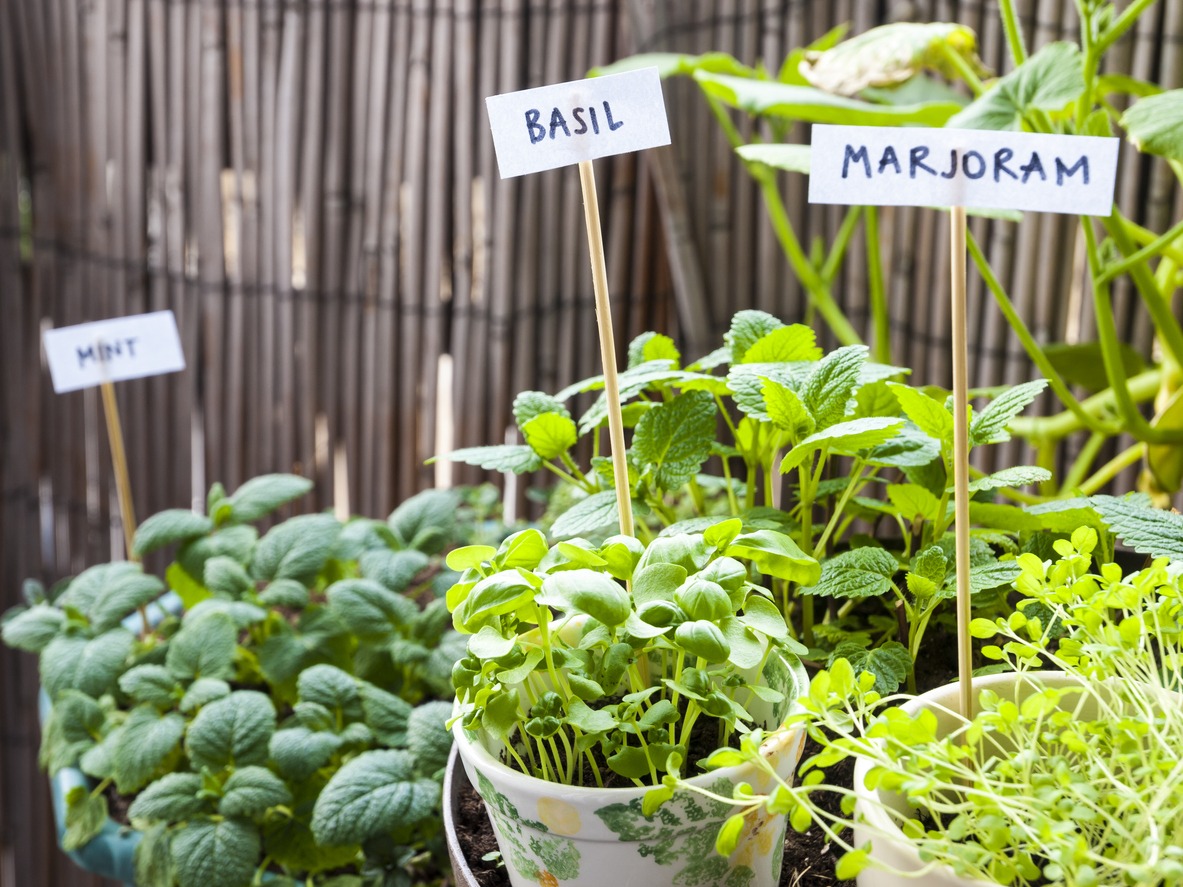
Planting a bee-friendly herb garden is one of the simplest ways to support honeybee health and make your homestead even more inviting for these essential pollinators. By adding a few favorite herbs to your garden, you’ll provide bees with a steady supply of nectar and pollen throughout the season, helping them stay healthy and productive. Here are some top herbs that bees love:
- Chives: Blooming early in the season, chives give bees a much-needed snack after the long winter.
- Catmint and catnip: With plenty of blooms, these herbs are bee magnets, easily attracting pollinators to your garden.
- Borage: Those beautiful blue borage flowers are packed with nectar, making them irresistible to bees.
- Thyme: This versatile herb serves as ground cover while offering a little nectar boost, a win-win for bees and your garden.
- Sage: Known for its striking flowers, sage is especially attractive to bees and adds a lovely pop of color.
- Fennel & Dill: These tall, umbrella-shaped herbs are perfect for bees, providing plenty of easy-access nectar and pollen.
- Basil: Once basil flowers, it draws bees in with its scent, creating a sweet addition to your garden’s bee buffet.
- Oregano: A top choice for bees, oregano’s tiny flowers provide plenty of nourishment and are a beautiful, low-maintenance addition to any garden.
To make the most of these bee-friendly herbs, try planting a mix of early, mid, and late bloomers to keep the garden buzzing all season long. A steady supply of flowering herbs ensures that bees always have a place to gather nectar and pollen, making your homestead a valuable stop for these helpful pollinators.
And the best part? Many of these herbs are culinary staples, so you’ll be able to harvest fresh flavors for your kitchen while giving back to the bees. With a bee-friendly herb garden, you’re creating a beautiful, functional space that’s good for your garden and great for bees. It’s a small step with big benefits for both your homestead and the pollinators that help it thrive.
Conclusion
Beekeeping offers a wealth of benefits that go well beyond honey. From boosting pollination to providing therapeutic products, bees are invaluable assets to any homestead. They contribute to self-sufficiency, support sustainable practices, and strengthen community connections. Whether in a rural area or a suburban backyard, bees bring life and productivity to the homestead, reinforcing its sustainability and fostering a thriving, resilient environment.

